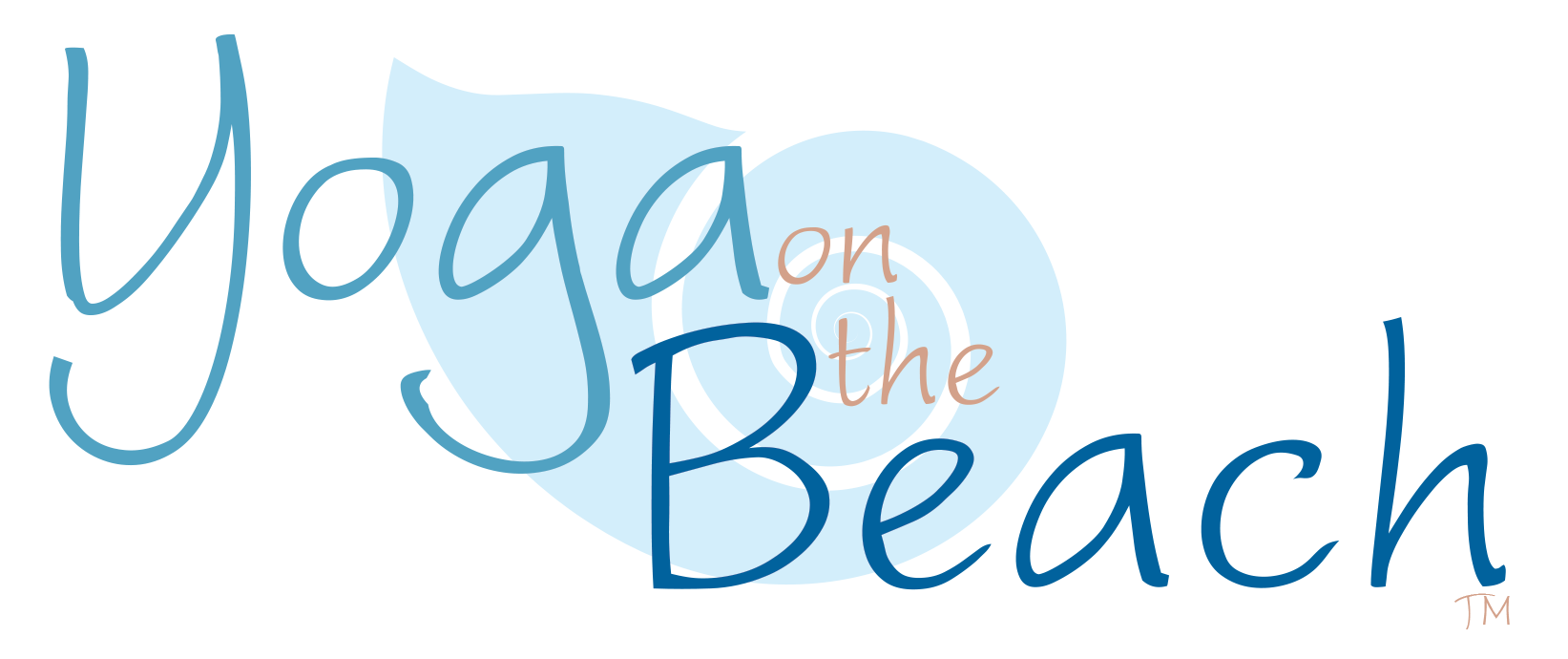REASON
At this level of energy, we find ourselves at a crossroads, as intelligence and rationality rise to the forefront. The capacity to handle large complex amounts of data, make decisions quickly, distinguish the intricacies of relationship and the ability to see symbols as abstract concepts are all the hallmarks of Reason. At the same time there is a limitation as Reason can limit our ability to distinguish the difference between symbols and what they represent, leading us to lack understanding of causality. We can get so distracted by the concepts and theories that we lose sight of the essential point.
Despite these limitations, Reason remains a powerful tool for navigating the complexities of our world. It allows us to create frameworks and models that can predict outcomes, solve problems, and advance our understanding of the universe. Through Reason, we can transcend the immediate and the concrete, exploring realms of possibility and innovation that were previously unimaginable. However, it is crucial to balance reason with intuition and empathy to cultivate a holistic understanding that integrates both the analytical and the human aspects of our existence.
This is the level of Nobel Prize winners, great statesmen and Supreme Court Justices. Many of the great thinker of history, like Freud and Einstein, calibrate at this level.
In the realm of scientific discovery, Reason has driven humanity to unlock the mysteries of the natural world, from the smallest subatomic particles to the vast expanses of the cosmos. It has led to breakthroughs in medicine, technology, and engineering, shaping the modern world and improving countless lives. Yet, the true power of Reason lies not just in its ability to dissect and analyze, but in its capacity to inspire awe and wonder.
When tempered with creativity, Reason becomes a catalyst for innovation, allowing us to envision and realize advancements that push the boundaries of what is possible. It encourages us to ask "what if" and "why not," propelling us toward a future where the unimaginable becomes attainable. This synergy between Reason and creativity fosters a dynamic interplay that drives progress and enriches our collective experience.
Moreover, Reason invites us to question our assumptions and challenge the status quo, fostering a spirit of critical inquiry that is essential for personal and societal growth. It empowers us to navigate the complexities of an ever-changing world, equipping us with the tools to adapt and thrive in the face of uncertainty. By embracing the strengths of Reason and acknowledging its limitations, we can harness its full potential and cultivate a deeper, more nuanced understanding of ourselves and the universe we inhabit.
